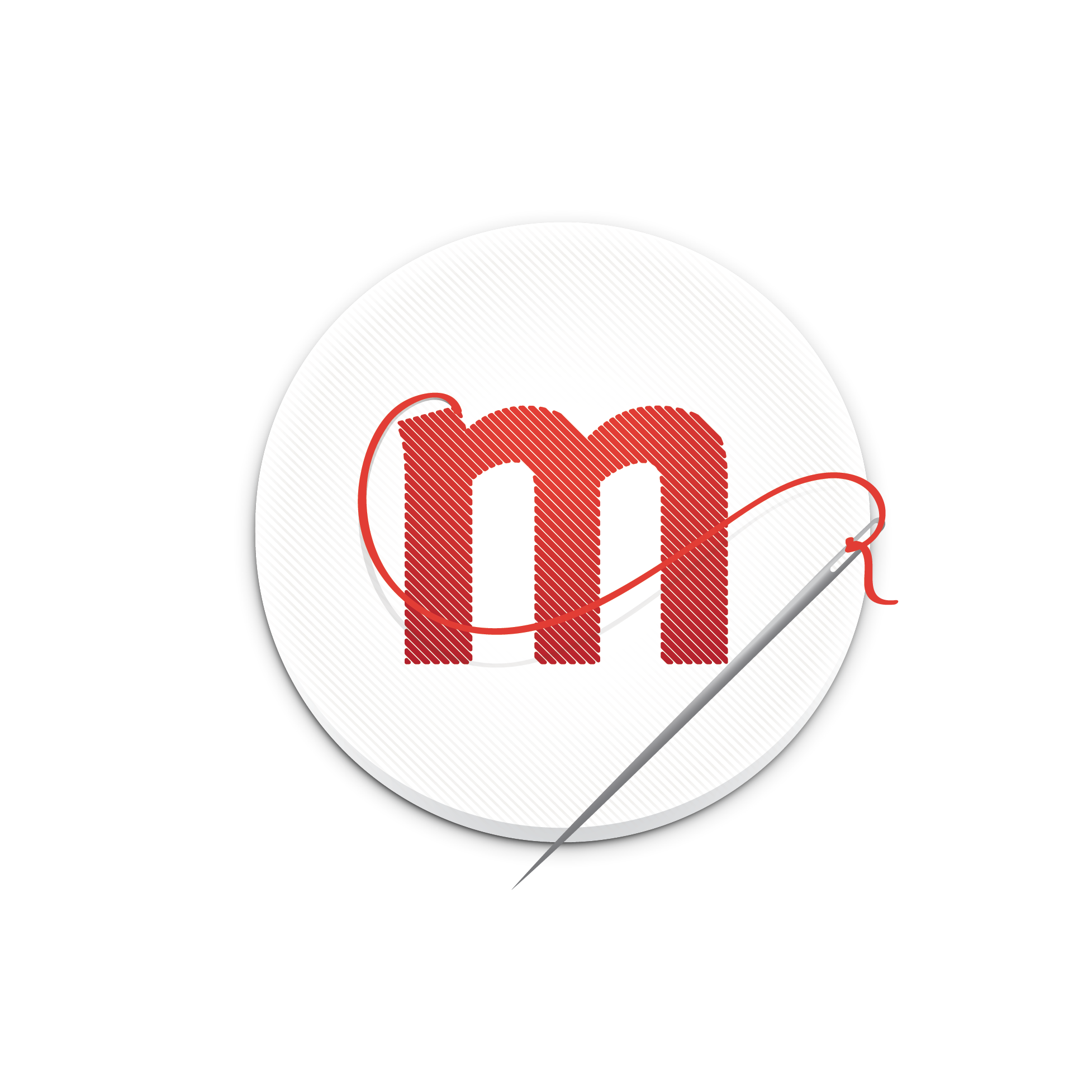Mozilla's Web Literacy Standard and Its Implications for Educational Technology
 The term “web literacy” or “information literacy” is often used broadly to describe the ability to navigate the internet and evaluate information on it, but until recently the concept did not have a clear set of objectives attached to it. That changed late last year when the non-profit Mozilla Foundation released its Web Literacy Standard and made a first attempt at articulating the skills necessary to be a critical consumer and creator of online information. This is good news that brings important implications for educational practices and policies, not the least of which is the assertion that instructional technology in itself provides important learning opportunities.
The term “web literacy” or “information literacy” is often used broadly to describe the ability to navigate the internet and evaluate information on it, but until recently the concept did not have a clear set of objectives attached to it. That changed late last year when the non-profit Mozilla Foundation released its Web Literacy Standard and made a first attempt at articulating the skills necessary to be a critical consumer and creator of online information. This is good news that brings important implications for educational practices and policies, not the least of which is the assertion that instructional technology in itself provides important learning opportunities.
What It Is
Mozilla’s Standard is a matrix divided into three areas of mastery—exploring, building, connecting—that are broken down first into competencies and then further subdivided into skills. For example, under the heading “Building”, one of the five competencies is “Composing for the Web”, which includes these five specific skills:
- Inserting hyperlinks into a web page
- Embedding multimedia content into a web page
- Creating web resources in ways appropriate to the medium/genre
- Identifying and using HTML tags
- Structuring a web page
The authors present this basic set of guidelines as a starting point they hope others will expand on. Teachers and learners are encouraged to connect the competencies to their curricula and to add to and modify them. Thus, for example, an instructor who wanted to ensure that assignments for his or her communications course were helping students to develop critical technology skills might incorporate some or all of the above skills into learning goals for a project or series of assignments. Similarly, departments might include these criteria as part of course guidelines and goals when developing curricula.
What It Means
Beyond its immediate use in the classroom, the existence of a web literacy standard has the potential to have an important impact on educational technology as a whole. Including technology competencies in academic assignments is an important first step in a clearer articulation of the academic and professional skills (as opposed to exposure to content) students take away from their coursework.
Moreover, technology skills are precisely the type of hybrid academic/professional accomplishments that fit well with the concept of badges, a movement aimed at certifying learning outside of or in addition to formal coursework. As the authors of the Standard suggest, it is easy to imagine a scenario in which students could earn Open Badges in an area such as web design by submitting projects from their courses that have been aligned with and fulfilled the Standard competencies. This may, in turn, inspire other fields to articulate their own standards, competencies, and skills that can certify other types of badges.
Finally, the widest implications of the Standard may be on instructional technology itself. A web literacy standard gives institutions and individuals another means of evaluating the efficacy of the instructional technology tools and practices they adopt. If an institution’s only instructional technology offering is an LMS, for example, are they giving students a platform on which they can develop these competencies? Often the criteria for choosing instructional technology tools is based almost solely on faculty usability, with little or no consideration of there being student content creation needs. This standard introduces the idea that the instructional technology itself provides an important learning component in students’ academic careers and expands the criteria by which faculty and institutions can judge which tools to adopt and how to deploy them.
Given these potential implications on educational technology tool selection, it’s especially important that a nonprofit technology organization, the Mozilla Foundation, working with community input, has undertaken such a thorough first articulation of the contours of the notion of “digital citizenship”. It will be exciting to see how the academic community begins to build on this work.


